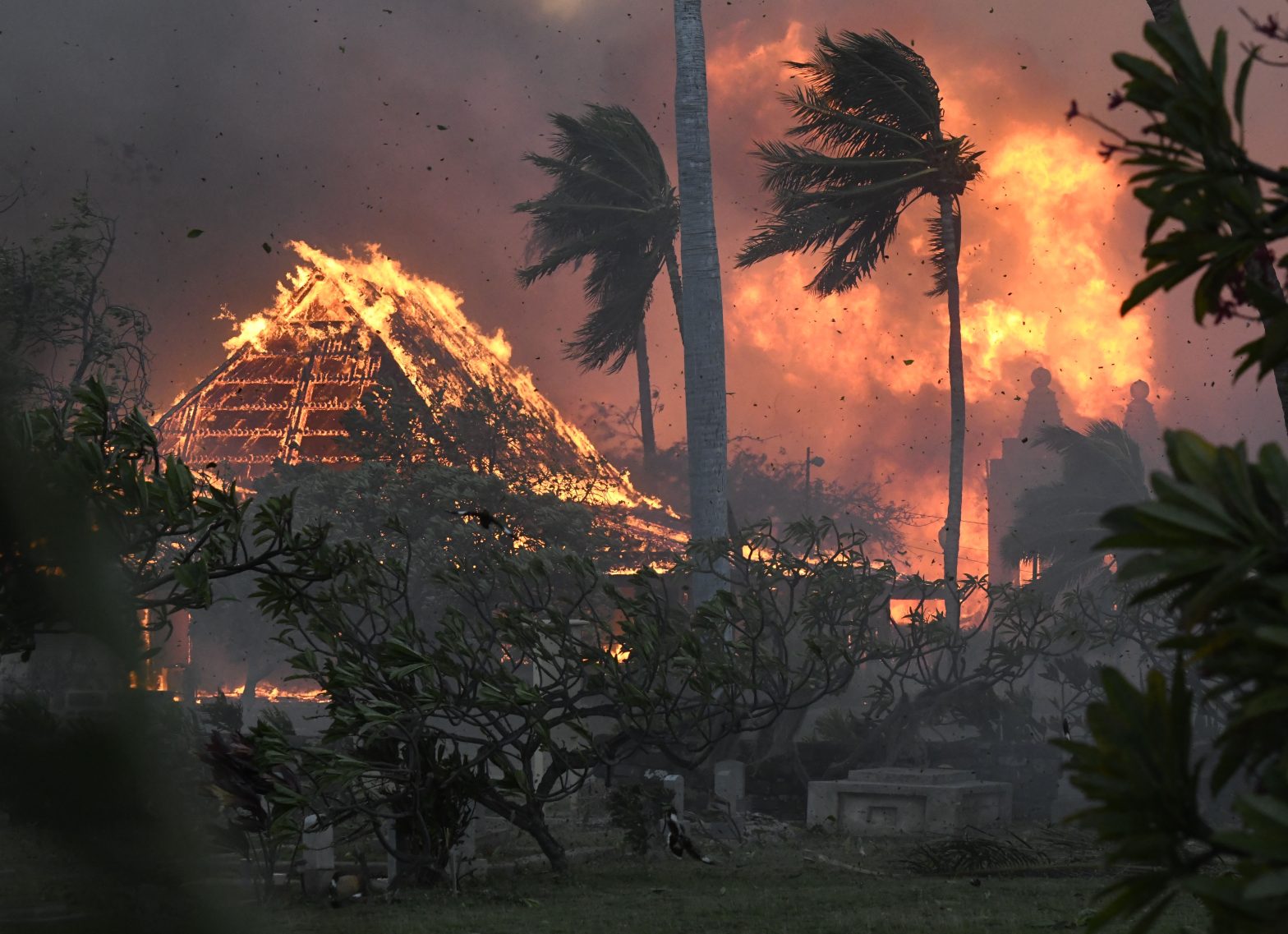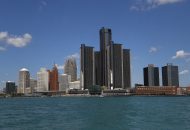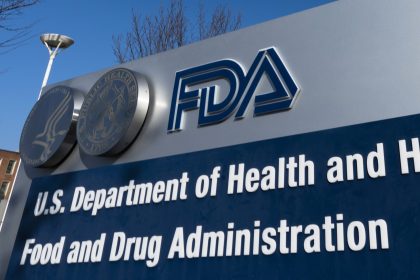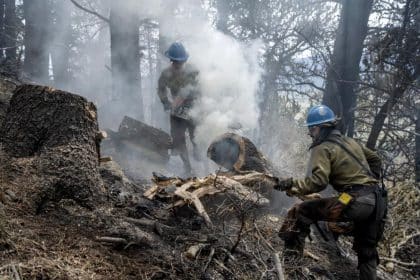Consensus Reached on Wildfire Prevention and Recovery Reforms: Urgent Congressional Action Needed
COMMENTARY

In Washington, D.C., where bipartisan consensus is hard to come by, the Wildland Fire Mitigation and Management Commission is a rare example of serious policy in place of strained politics.
With growing recognition of the increased risk to Americans from more frequent and damaging wildfires, Congress established the commission as part of the bipartisan infrastructure law. The commission was tasked with developing federal policy recommendations to mitigate, manage and recover from wildfires.
Eight of the 10 costliest insured wildfires globally have occurred in the United States since 2017. From 2005 to 2022, nearly 100,000 structures have been lost to conflagration in states such as California, Oregon, Colorado and Hawaii. Economic losses are mounting, with recovery and rebuilding costs totaling billions of dollars.
While there are many natural causes of wildfires, such as lightning strikes, humans have caused 87% of wildfire ignitions in the United States over the last decade as more people live and recreate in areas prone to wildfires.
Additionally, extended hotter and drier conditions due to climate change and significant fuel loads are enabling fires to ignite more easily and spread more rapidly, with wildfire season now lasting year-round. When coupled with continued population growth in risk-prone areas, such environmental conditions are leading to more devastation in communities.
The commission gathered 50 individuals from diverse backgrounds, experiences and expertise. Representatives from federal agencies, state and tribal governments, researchers, wildland firefighters, state fire marshals, forestry and environmental organizations, public utilities and property development professionals worked together over a year to deliver comprehensive policy recommendations to Congress.
This diverse group of members shared their personal and professional experiences and offered constructive, proactive solutions for the federal government to better address the increasing wildfire crisis.
The final report emphasizes the significant change needed in the federal government’s approach to reduce the risk of catastrophic wildfires and address impacts.
We all agreed that the approach to managing wildfires must change, and we need solutions that can shift the crisis trajectory from reactive to proactive. The straightforward solutions should not only prevent losses but also help communities become more resilient in the face of increasing wildfire activity.
Investments in proactive planning, mitigation, risk reduction and the workforce are essential to changing the course of increasing severe wildfire risk, damage and loss.
According to Verisk, 4.5 million properties across the United States are at high or extreme risk of wildfire. With climate change impacts showing no signs of easing and the cost and timeframes needed to reconstruct homes and businesses on the rise, our recommendations emphasize the importance for property owners and communities to focus on preparedness and reduce the likelihood of property damage from wildfires. Addressing this gap is essential to a thorough approach to wildfire.
Communities must adapt to reduce the increasing risks they face across our nation, helping to protect what matters most — keeping families and communities safe.
Remarkably, the commission reached a unanimous consensus on all 148 recommendations. The final report was one of the most sweeping and comprehensive reviews of the wildfire system to date.
Though the commission officially concluded in March, we will continue to urge Congress to take legislative action to implement the commission’s recommendations.
David A. Sampson is the president and CEO of the American Property Casualty Insurance Association, the primary national trade association for home, auto and business insurers. He can be reached by email.
Dr. Kimiko Barrett is the wildfire research and policy analyst at Headwaters Economics, a nonprofit research group. She works with communities on the ground to inform national wildfire policy and scientific outreach. She can be reached by email.
Michele Steinberg is the wildfire division director at National Fire Protection Association, a leading global nonprofit organization devoted to eliminating death, injury, property and economic loss due to fire, electrical and related hazards. She can be reached by email.
























